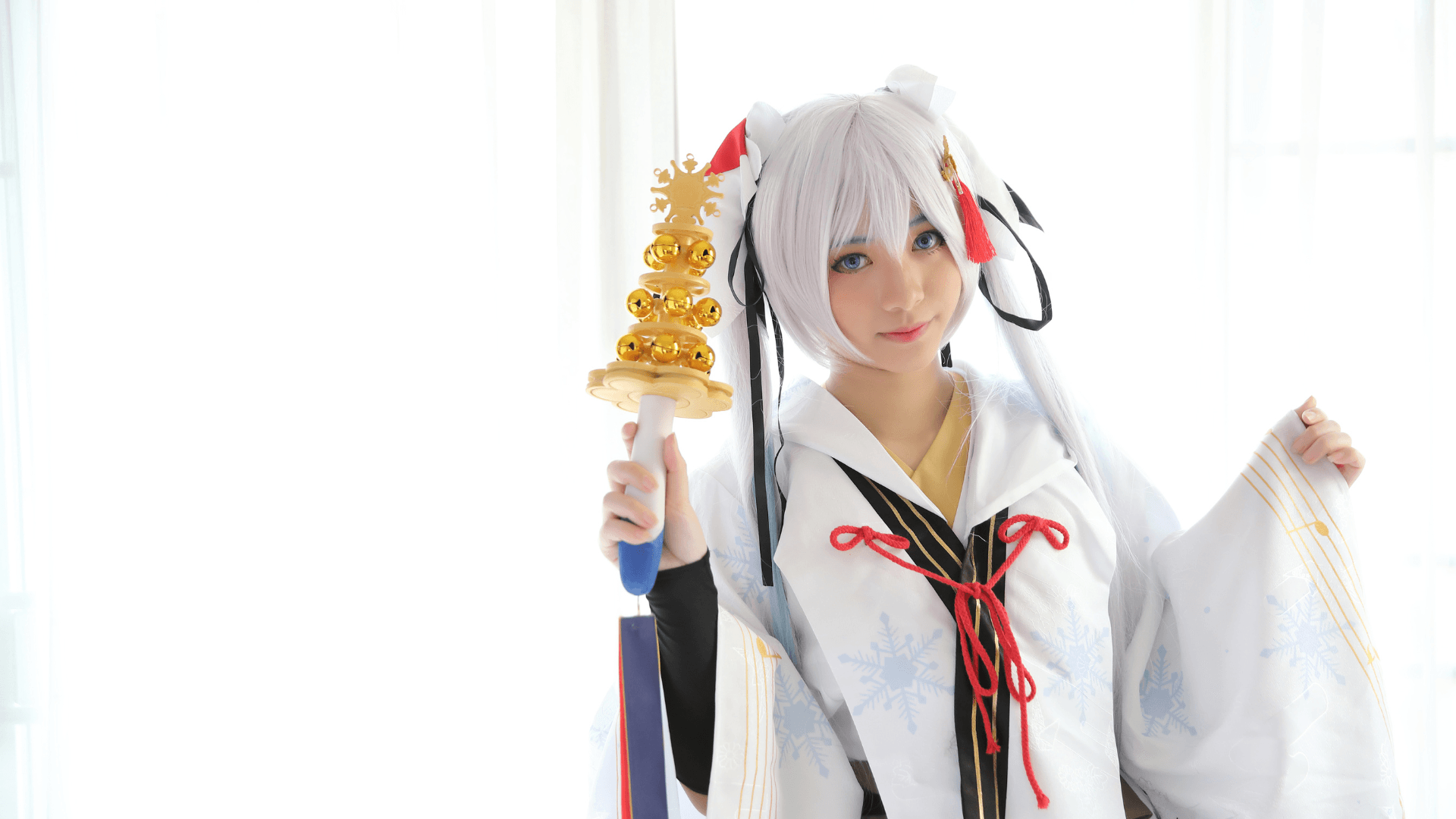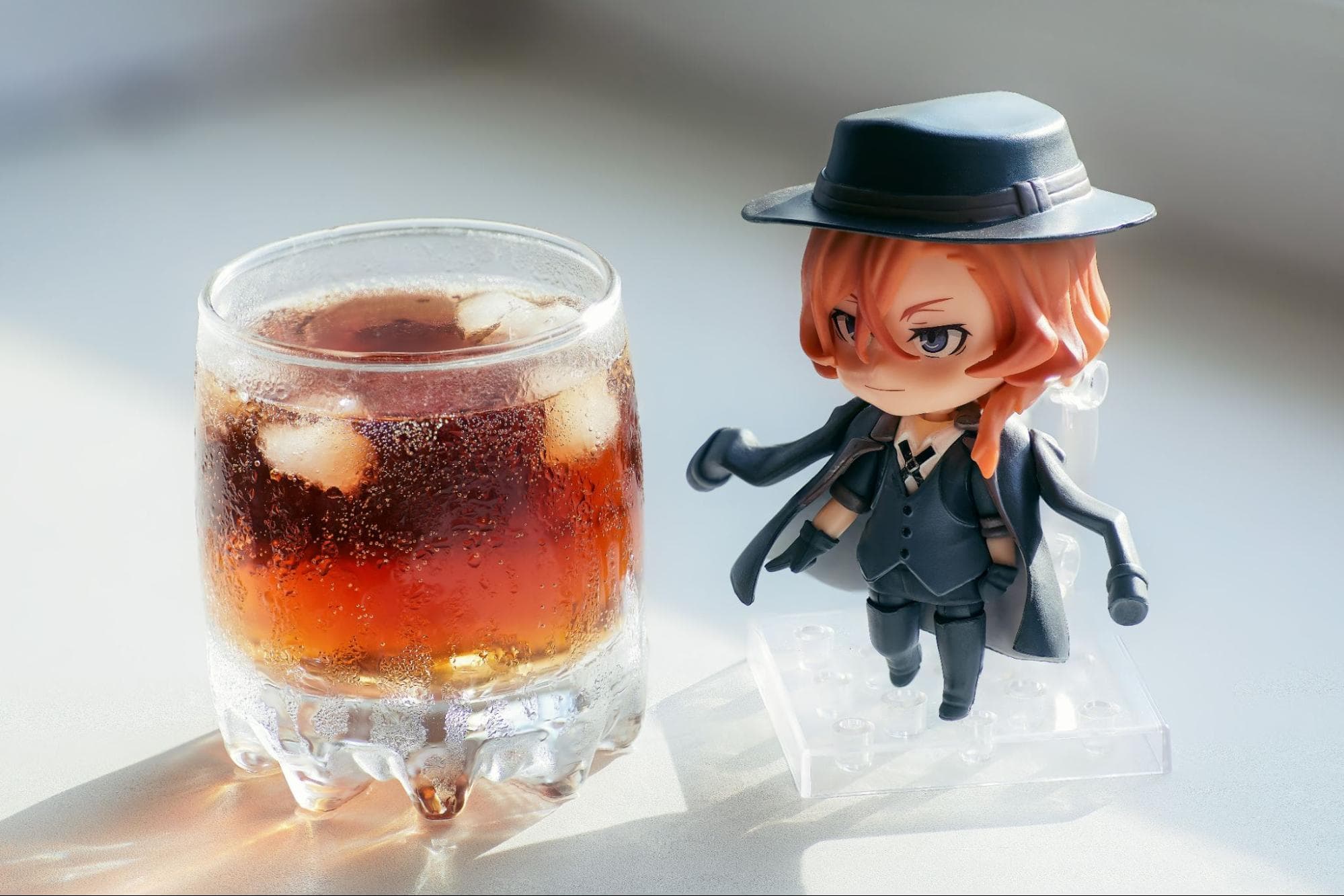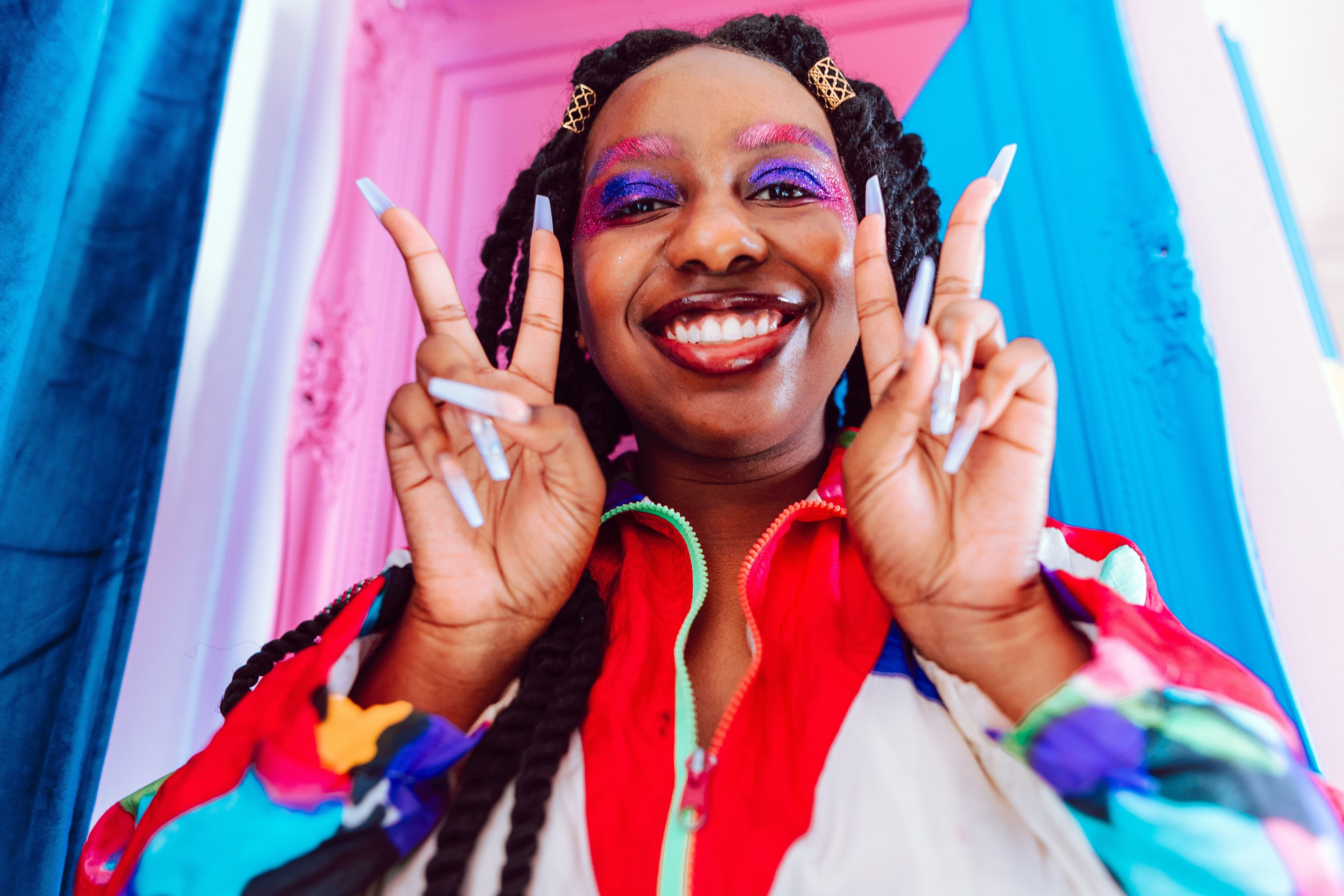
ISFJ Compatibility, Dating & Relationship Guide
Whether you’re an ISFJ or someone interested in dating one, there’s one thing you should know about this personality type: they prioritize family and relationships above everything else in life.
Since they place great importance on relationships and genuinely wish for everyone to get along, ISFJs typically find interpersonal conflict rather distressing.
The truth is, some disagreements may be unavoidable, but you can save yourself a great deal of trouble by surrounding yourself with people who complement your personality type.
So, in this article, we’ll explore all there is to ISFJ compatibility and relationships, including:
- 5 Best Matches for ISFJs
- 3 Worst Matches for ISFJs
- ISFJ Communication Style
- ISFJ Dating and Relationships
And much more!
ISFJ Compatibility Chart for Love and Friendships
Before we explore ISFJ compatibility in greater detail, here’s a handy chart that reflects how Defenders relate to all 16 personality types:
Very Compatible | Compatible | Somewhat Compatible | Incompatible |
5 Best Matches for ISFJs
As you can see from the ISFJ compatibility chart above, Defenders (ISFJs) generally get along best with fellow sensing personalities: ISTJs, ESFPs, ESTJs, ESTPs, and ESFJs.
Now, let’s analyze why these personality types usually click!
#1. ISTJ and ISFJ Compatibility
Since both Defenders and Logisticians (ISTJs) deeply value commitment, it’s no surprise that ISFJ compatibility with ISTJs is high. Both personalities are dependable, loyal, and responsible, which sets a great foundation for a long-term relationship. ISFJs are likely to feel safe in the presence of ISTJs, as they’re highly predictable and protective of their loved ones.
However, these personalities approach decision-making from completely different perspectives. As extraverted feeling (Fe) users, ISFJs make feeling-based decisions, whereas ISTJs favor logical and efficient options due to their extraverted thinking (Te) function. Still, if they choose to appreciate and learn from their differences, they can build fulfilling, long-lasting relationships.
#2. ESFP and ISFJ Compatibility
ESFPs thrive in spontaneous, lively environments, whereas ISFJs are drawn to comfort, familiarity, and stability. Nonetheless, these personalities can create strong bonds despite their differences. ESFPs often feel drawn to ISFJs because of their warmth and thoughtfulness. ISFJs, meanwhile, are attracted to ESFPs’ fun-loving personalities.
Thanks to their enthusiasm and outgoing nature, ESFPs can help ISFJs loosen up and become more open to new opportunities. Still, both individuals should be mindful of their differences. ESFPs shouldn’t push ISFJs too far out of their comfort zones too quickly, while ISFJs shouldn’t expect ESFPs to settle down easily. Otherwise, the relationship may become tense.
Luckily, as feeling personalities, ESFPs and ISFJs are likely to consider each other's needs and find a healthy compromise in any situation.
#3. ESTJ and ISFJ Compatibility
ISFJ compatibility with ESTJs is high, as their contrasting energies perfectly complement one another. Assertive, decisive, and rational, ESTJs attract ISFJs with their bold personalities and determination. ESTJs, meanwhile, find the Defenders’ nurturing and gentle personalities endearing. Together, they balance out each other’s differences to create harmonious bonds.
Both personalities make committed, caring, and supportive partners, but this doesn’t mean that ESTJ-ISFJ relationships are perfect. ESTJs may become frustrated with ISFJs because of their sensitivity, which they often perceive as a weakness. In contrast, ISFJs may deem ESTJs as overly harsh, which might cause them to bury their feelings instead of expressing them.
#4. ESTP and ISFJ Compatibility
ESTPs are energetic personalities who, like ESFPs, love spontaneity. Their dynamic personalities are quite magnetic, and ISFJs often find them fascinating. ESTPs, meanwhile, are usually mesmerized by ISFJs’ calmness. At their best, ISFJs bring ESTPs support and stability in exchange for thrills and adventure.
Still, these personalities are rather different since they only share one cognitive function—Fe. ISFJs can help ESTPs develop this function, encouraging them to get in touch with their compassionate side. Although ISFJs crave structure and ESTPs need flexibility, becoming more sympathetic toward one another enables them to find the perfect middle ground.
#5. ESFJ and ISFJ Compatibility
Since ESFJ and ISFJ cognitive function stacks are the same except their order is different, these personality types generally have harmonious relationships. They’re both sensitive to people’s feelings, so they usually make an effort to acknowledge and meet each other’s needs. While emotions run deep in these relationships, they rarely argue since both aim to please.
What’s more, ESFJs’ extroversion complements ISFJs’ introversion. ESFJs appreciate Defenders’ calm and gentle nature, whereas ISFJs admire ESFJs’ hospitality and sociability, which also inspires them to come out of their shells. As long as they both learn to compromise when differences arise, these personality types can easily build fulfilling, lifelong relationships.
3 Worst Matches for ISFJs
As much as ISFJs would love to get along with everyone, sometimes it isn’t easy—especially when it comes to intuitive thinking (NT) personality types.
If you’re curious to find out why this happens, here’s an overview of ISFJ compatibility with their worst matches—ENTJs, INTJs, and INTPs:
#1. ENTJ and ISFJ Compatibility
ISFJ and ENTJ personality types are different, to say the least. ENTJs have no cognitive functions in common with Defenders, which makes communication quite a challenge. Since ENTJs are fond of innovation and ISFJs respect tradition, they are rarely on the same page. Naturally, this can be frustrating for both parties.
Moreover, ISFJs might be intimidated by Commanders’ bluntness and competitiveness (though some assertive ISFJs might find it intriguing). ENTJs, on the other hand, might be irritated by ISFJs’ indirectness and conflict aversion, as they don’t like beating around the bush. Still, this connection can work, but only if both parties learn to appreciate and support each other’s strengths.
#2. INTJ and ISFJ Compatibility
ISFJ compatibility with INTJ personalities is rather low, even though these personality types might find each another charming. In particular, ISFJs are attracted to INTJs’ mysteriousness and intellect, whereas INTJs admire ISFJs for their devotion and warmth. However, as these relationships progress, they pose more and more challenges to both partners.
As introverts, both ISFJs and INTJs need time to open up. INTJs’ refusal to talk about their feelings might upset ISFJs, but they may keep this a secret to avoid conflict. Also, INTJs don’t hold back from criticizing people, even their loved ones, believing that feedback is necessary for improvement. While they mean well, unfortunately, this can hurt ISFJs’ feelings.
#3. INTP and ISFJ Compatibility
ISFJ compatibility with INTP personality types isn’t strong, as these personality types usually have different needs. ISFJs are down-to-earth, organized individuals who enjoy planning and structure. INTPs, on the other hand, prefer to remain flexible and adaptable. Too much order can stress them out. Likewise, ISFJs do their best to avoid chaos and uncertainty.
That said, INTP cognitive functions align well with those of ISFJs, as it is only their order that differs. As such, these individuals can build a strong connection if they are open to learning about each other’s differences and attending to one another’s needs. As challenging as they might be, these relationships can be rewarding, but only if both partners commit to making things work.
Are Two ISFJs Compatible?
Now that you know more about ISFJ compatibility with different personality types, you might be wondering whether two ISFJs can get along. The short answer is yes, but there are some nuances you should keep in mind.
While two Defenders can make phenomenal friends, romantic relationships between them can be more challenging… because of the lack of challenges, as ironic as that may sound. The truth is, ISFJ-ISFJ relationships are full of mutual understanding, love, and support. However, since both value stability and predictability, these relationships might grow stale.
Since ISFJs appreciate comfort and familiarity, they might not feel that there’s anything wrong with the relationship. Still, healthy challenges are necessary for personal growth (and growing closer to your partner), so ISFJs should make it a point to encourage their ISFJ partners to occasionally venture outside their comfort zones.
ISFJ Communication Style
As introverts, ISFJs can be shy and quiet around people they don’t know well. Oftentimes, they prefer to listen to others and only chip in when they’re sure that they have something valuable to add. While they can discuss deep and serious topics with their close friends, they usually prefer to talk about their interests, hobbies, and day-to-day matters to keep the atmosphere light.
Since ISFJs value group harmony due to Fe, their communication style is mainly passive, so they can be quite reluctant to express negative opinions or criticism. Compassionate and respectful, they make an effort to ensure that everyone feels comfortable and heard. Unsurprisingly, ISFJs usually find conflict, heated debates, and interruptions upsetting.
ISFJ Dating and Relationships
Both ISFJ women and men make incredibly devoted partners. Since they value commitment and stability, they usually date with the purpose of eventually building a committed relationship that should, ideally, lead to marriage. As such, they generally aren’t interested in casual flings and prefer to date people who have a serious attitude toward love.
In romantic relationships, ISFJs are eager to do pretty much everything to please their partners. Since they don’t like change and are very loyal, they rarely view breaking up as an option and do their best to make the relationship work. However, while ISFJs make faithful and caring partners, dating them doesn’t come without challenges.
Their biggest weakness in relationships is conflict avoidance. ISFJs are so focused on maintaining harmony that they fear confrontation and addressing relationship issues. Luckily, with the right partner, they can learn to open up and realize that solving problems together only strengthens their relationships.
What Do ISFJs Need in a Relationship?
Although the picture of an ideal relationship might vary from one person to another, most ISFJs expect their partners to meet the following needs:
- Safety and commitment. ISFJs are devoted and loyal partners, so they typically aspire to create long-term relationships with people who make them feel safe and loved.
- Emotional connection. Since ISFJs are highly sensitive, they are concerned with their partners’ feelings and expect their partners to attend to their emotional needs.
- Recognition and reciprocation. ISFJs are willing to bend over backwards to make their partners happy, but they can feel bitter if their efforts aren’t appreciated and reciprocated.
- Involvement in each other’s lives. For most ISFJs, the perfect relationship means becoming inseparable from their loved ones. They expect their partners to make place for them in their daily lives and future plans, and they’re happy to do the same in return.
What Are ISFJs Like as Friends?
Although most ISFJs will agree that family is their top priority in life, this isn’t to say that they don’t value friendships. Quite the contrary, Defenders usually have a relatively small circle of close friends, but they make sure to foster their friendships. Because of this and their caring and sympathetic nature, their friendships tend to last an entire lifetime.
Since they’re introverted, it’s natural that ISFJs are reserved around strangers. Yet, around their friends, they’re more than willing to open up. Oftentimes, they’ll turn to their friends for support or guidance when making decisions. In return, they always make time for their friends whenever they need their help or advice.
Needless to say, once you befriend an ISFJ, you can rest assured that you’ll have a friend for life who will stick with you no matter what!
What Are ISFJs Like as Parents?
Since ISFJs favor tradition and social norms, they often dream of parenthood from a young age. Although it seems that raising children comes naturally to them, ISFJs view parenthood as not only a gift but also a huge responsibility. They skillfully balance care and discipline, making sure to instill their values in their children and prepare them for the challenges of adulthood.
As parents, they can be conservative and protective, which might cause tension once their children grow into teenagers. They might also find it difficult to let their children go once they grow up. Still, their warmth and consideration help them create strong emotional bonds with their kids, which their children usually appreciate and cultivate even after starting their own families.
How Do ISFJ Cognitive Functions Affect Their Relationships?
As you probably noticed, cognitive functions play an important role in personality type compatibility. So, now that we’ve explored ISFJ compatibility, let’s take a closer look at how their cognitive functions impact their relationships.
Introverted Sensing (Si)
As their dominant function, introverted sensing (Si) determines that ISFJs seek comfort and stability in their relationships. They don’t mind routine and might feel stressed out if their relationships are chaotic and unpredictable. Also, they usually prefer to solve relationship problems with methods that have proven successful in the past.
Extraverted Feeling (Fe)
Since extraverted feeling (Fe) is the auxiliary ISFJ cognitive function, Defenders go to great lengths to preserve harmony in their relationships. They’re thoughtful and compassionate, always making sure to do what’s best for their loved ones. Hpwever, since they tend to put their partners’ happiness first, they might neglect their own needs.
Introverted Thinking (Ti)
Given that introverted thinking (Ti) is their tertiary function, it usually develops later in life. Ti enables ISFJs to refine their decision-making by taking into consideration not only other people’s feelings and group harmony (Fe) but also logic (Ti). As a result, it can help them identify solutions that match their needs and preferences as much as those of their partners.
Extraverted Intuition (Ne)
As their inferior function, extraverted intuition (Ne) makes ISFJs rather set in their ways and reluctant to change things up. Developing it involves pushing yourself out of your comfort zone, which isn’t something most ISFJs are excited to do, but it is definitely rewarding. In particular, developing Ne can help ISFJs better understand and get on with intuitive personalities.
Key Takeaways
And that’s a wrap!
Generally speaking, ISFJ compatibility is highest with similar—but not identical—personality types, such as ISTJs, ESTJs, and ESFJs. Still, Defenders can build strong relationships with less compatible personality types, especially if they work on their weaker cognitive functions.
That said, relationships—be they platonic or romantic—can be quite complex, and compatibility doesn’t necessarily determine their success. Nonetheless, it certainly helps in understanding and navigating the most common relationship challenges people face due to their personality differences!




















